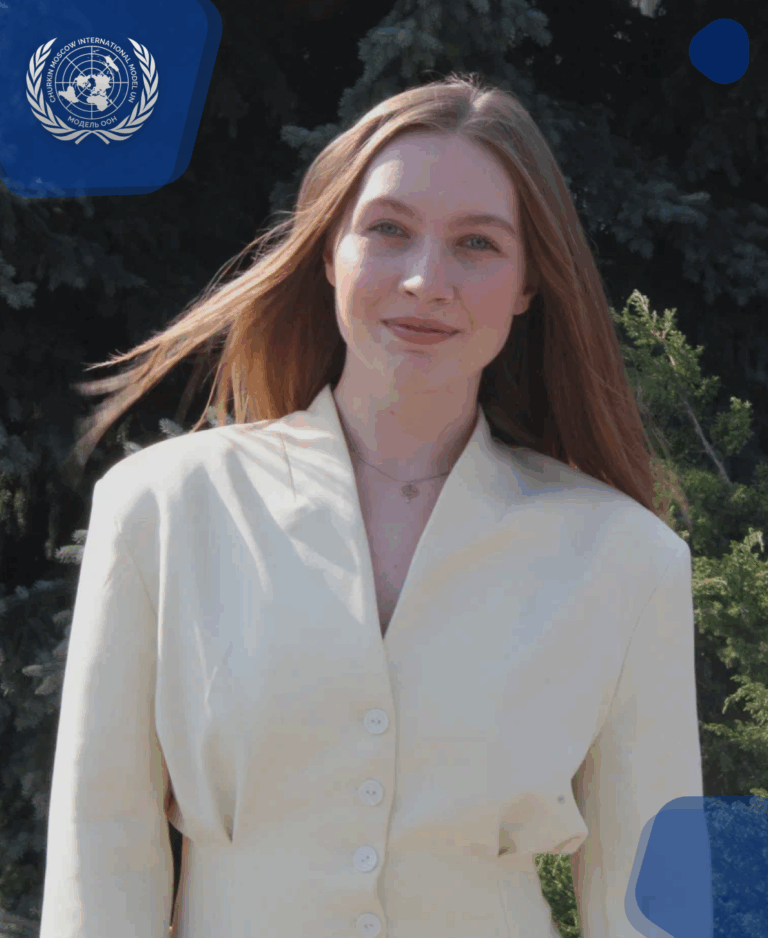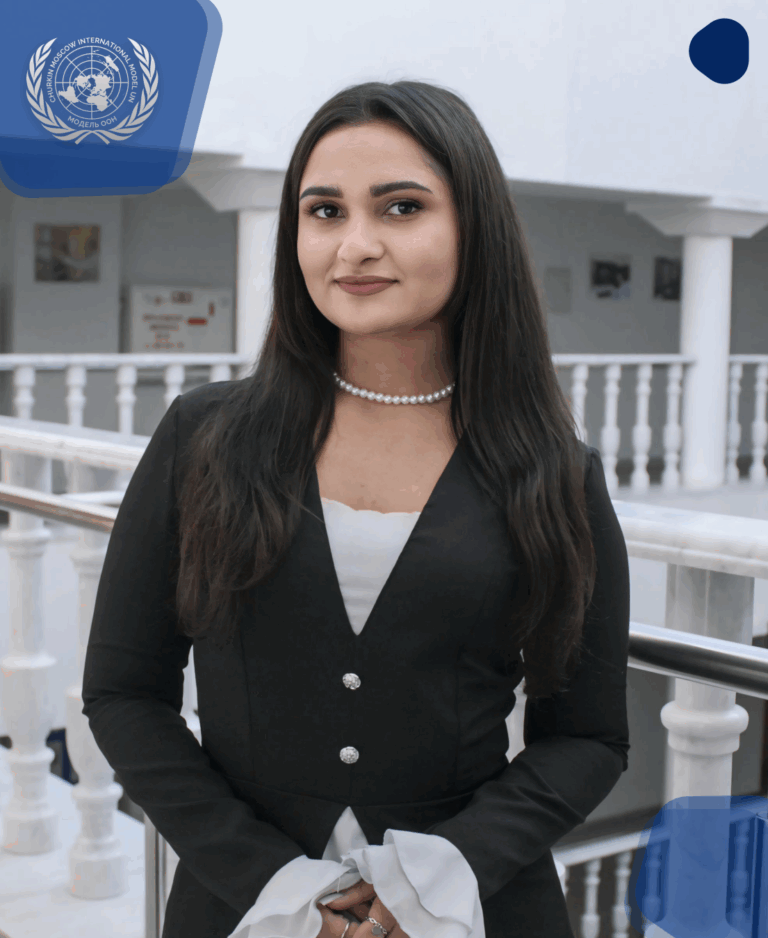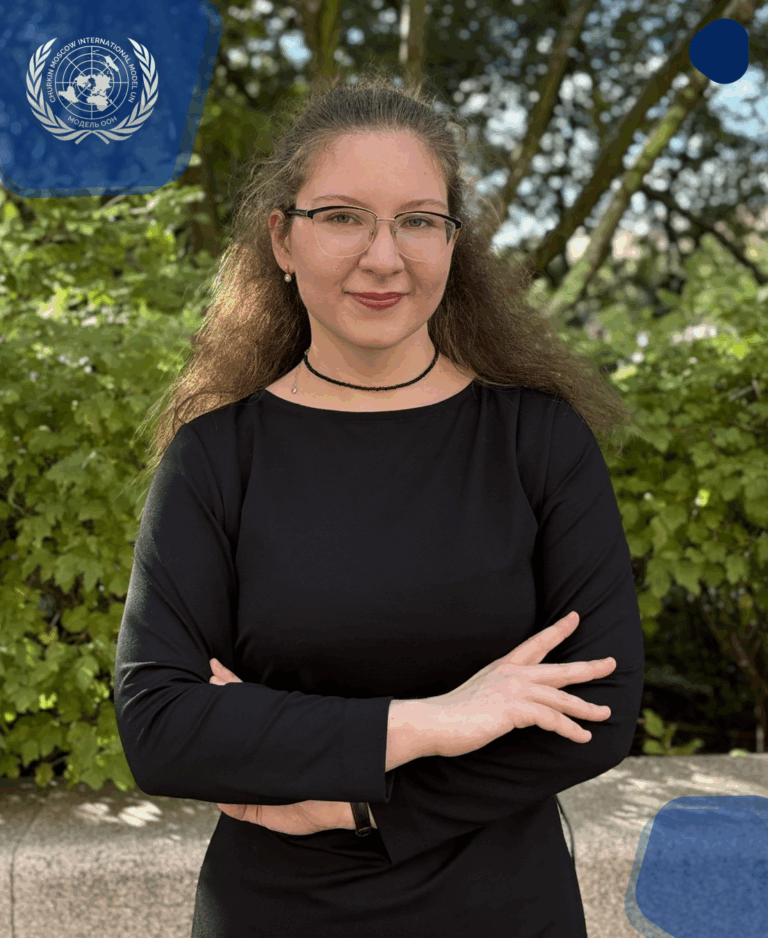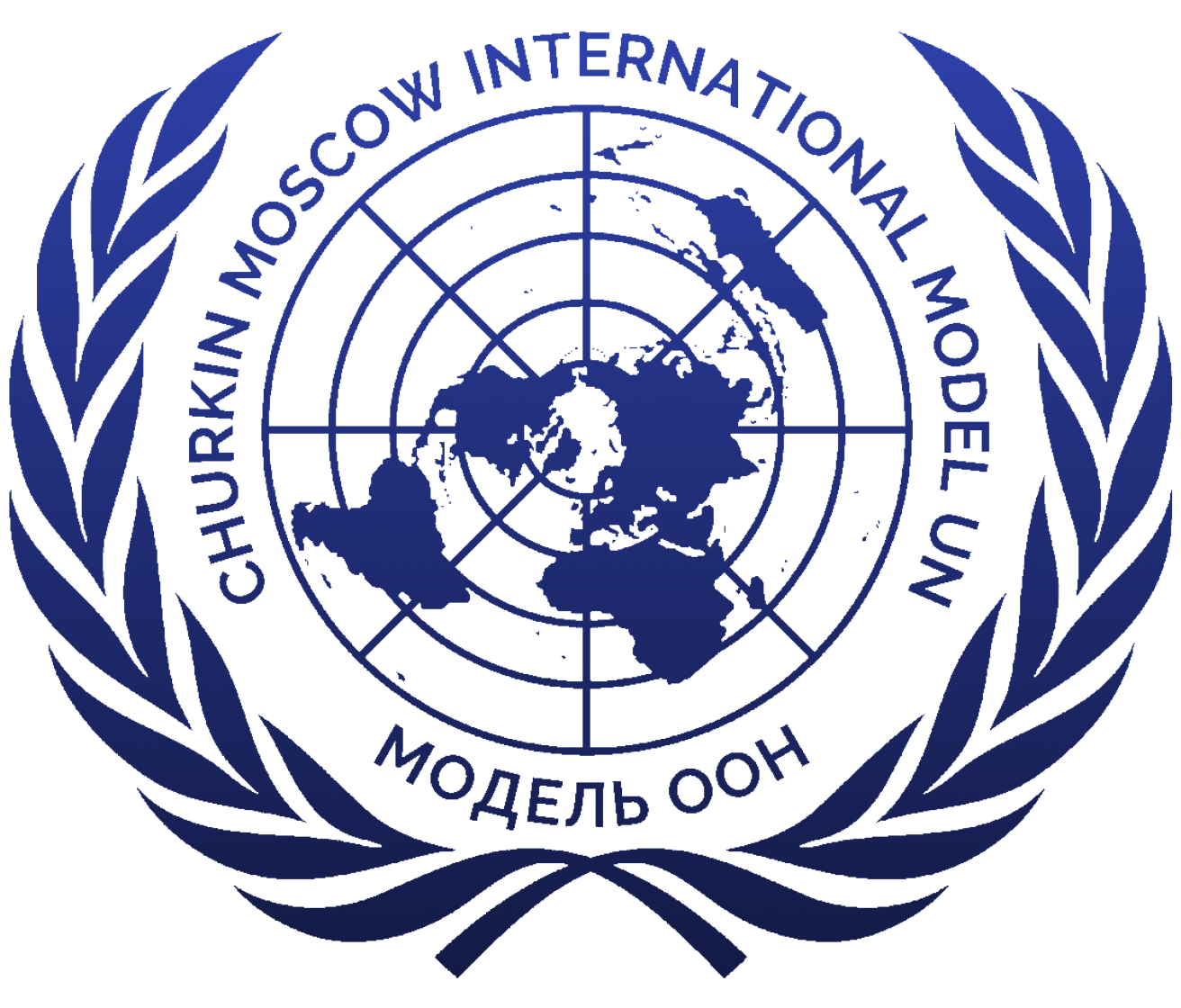- Про Модель ООНКомитетыУчастие
- Про Модель ООН
United Nations Volunteers
The United Nations Volunteers (UNV) programme represents a unique and vital force within the global development landscape, harnessing the power of volunteerism to foster peace and accelerate the achievement of the Sustainable Development Goals. While the spirit of volunteerism possesses a powerful global potential, its impact can be maximized only through structured and strategic collaboration based on partnerships between civil society, represented by UNV, and national governments. By creating effective and resilient frameworks for cooperation, we can ensure that the energy, skills, and local knowledge of volunteers are fully integrated into national development strategies, thereby accelerating our shared progress towards a more equitable and sustainable future for all.
Agenda: Developing forms (mechanisms) of cooperation between UN Volunteers and Governments to achieve the Sustainable Development Goals
Submit an applicationPresident
Temareva Darya
Vice-president
Farida Akhmedova
Working language
English
Delegates and observers
36+4
Experts
Margarita Kitaeva
Mail
unv@modelun.ruHonorable delegates!
I would like to express my pleasure to work with you on the behalf of the President of the United Nations Volunteers. I hope that our efforts and spending hours on discussions will be useful for you. Dear delegates, I wish to listen to all your proposals and wide-range of action projects with the potential impact. From supporting communities shattered by disaster to mentoring the next generation of leaders, from delivering vital healthcare to championing the health of our planet—our volunteers are the quiet, determined engine of humanity’s progress. They are the living, breathing embodiment of the United Nations Charter, written not in documents, but in action. Volunteers are the proof that our shared humanity is stronger than the forces that divide us. They are the bridge between global promise and local progress. They are the living, breathing answer to the question: “What can one person do?”
Sincerely,
President of UNVTemareva Darya

Dear delegates, esteemed colleagues, and friends!
A very warm welcome to each of you. It is a true privilege to stand before you as we start our work, and I want to express my sincere gratitude for all of us being involved into this amazing event. The energy of models is always palpable, it is a testament to our shared passion for the work that lies ahead.
Over the coming days, this committee will become a floor of the global stage – a place where we will dive into the heart of intense diplomacy, navigate the complexities of realpolitik, and give voice to the issues that matter.
My promise to you is this: you will leave here not only with sharper skills and broader perspectives but also with the confidence that comes from spirited collaboration and the friendships forged in the fire of debate.
Let’s embark on this incredible journey together.
Sincerely,
Vice-President,
Farida Akhmedova
Honorable delegates!
A very warm welcome to you all! It is both a privilege and a genuine pleasure to be your Expert for the United Nations Volunteers Committee here at CMIMUN.
We have gathered to tackle one of the most hopeful and human-centered agendas: using the power of volunteerism to achieve the Sustainable Development Goals. Our focus is on building bridges — creating concrete mechanisms for cooperation between the UNV and governments.
I am truly excited to hear your innovative proposals, your diverse perspectives, and your collaborative spirit. Do not be afraid to think big and to speak from the heart. The frameworks we build here, through our shared dedication, have the potential to channel the passion, the skills, and the commitment of volunteers into noticeable changes in communities worldwide.
Looking forward to seeing you!
Sincerely,
UNV Expert
Margarita Kitaeva
— To become a C-MIMUN delegate, one should demonstrate a thorough understanding of the Committee’s agenda, and writing a thesis is the first step in the selection process.
— Before writing the thesis, familiarise yourself with the agenda: it is recommended to read the expert’s report, as well as official documents to form an initial idea of the Committee’s agenda.
— The thesis should state the relevance of the problem argumentatively and logically and consist of at least 3 parts: introduction (general information on the agenda and its relevance), main part (your understanding of the agenda, key statements and solutions) and conclusion.
— The thesis should also be supported by arguments, statistical information, official documents or reasons. It is necessary to write proposals and a solution to this problem.
— The thesis should be written in a formal business style.
— The length of the thesis may vary, but it should not exceed 3 pages.
— Requirements: Times New Roman, 14 font, justified alignment and one and a half spacing.A position statement is a formal expression of a particular state’s view on a particular international issue within a meeting of the United Nations system. The position statement reflects the state’s opinion and interests in the international arena and its strategic approach to addressing global challenges.
— Investigate the agenda’s relevance to your represented state. Analyze its position via UN meeting speeches, agency and non-profit organisations’ websites, and scholarly articles. Media reports may offer context, but the state’s official stance must rely on authoritative sources.
— Examine the state’s contribution to the problem.
— Develop some bullet points outlining the issue’s national relevance, the state’s principal initiatives to address it, and the major challenges and solutions.
— Systematise these points into a logically structured speech. Maintain a business-appropriate tone, avoiding any aggressive or provocative language. Please note that it is necessary to write in the first person plural (with the pronoun “we”).— Introduction: Establish the issue’s significance in general and for your state.
— Main Part (may consist of several paragraphs): Detail the government’s response, including policy measures, their alignment with the UN position, and an assessment of their effectiveness.
— Conclusion: Propose concrete solutions and methods for achieving these goals, emphasizing the necessary collaborative efforts between states.
— Requirements: Times New Roman, 14 font, alignment by width and one and a half spacing. The speech should be designed to take between 2 and 5 minutes.
Country list: Representative: 1 Albania 2 Algeria 3 Argentina 4 Armenia 5 Bangladesh 6 Belgium 7 Brazil Anastasia Kostareva 8 Burundi 9 Cameroon 10 Canada Tulkibayev Daniyar 11 Chile 12 Cuba 13 Denmark Mayorova Sofia Alexandrovna 14 Finland Сафронова Мария Александровна 15 France Behzod Khojimatov Sukhrobovich 16 Georgia 17 Germany 👑President 18 Ghana Isaac Sarfo 19 Grenada 20 Iceland 21 India Timofeeva Polina Andreevna 22 Italy 23 Japan 24 Malawi 25 Malaysia Firsova Elizaveta Mikhailovna 26 Morocco 27 Nepal Baiaman Bakirov 28 Norway 29 Pakistan 30 Romania 31 Rwanda 32 Sweden 33 Switzerland 34 Thailand 35 United States of America 36 Zambia Observers: 1 The United Nations High Commissioner for Refugees (UNHCR) 2 The United Nations Development Programme (UNDP) 3 The United Nations Economic and Social Commission for Asia and the Pacific (ESCAP) Andriushchenko Matthew 4 The Sustainable Development Goals Center for Africa (SDGC/A)
